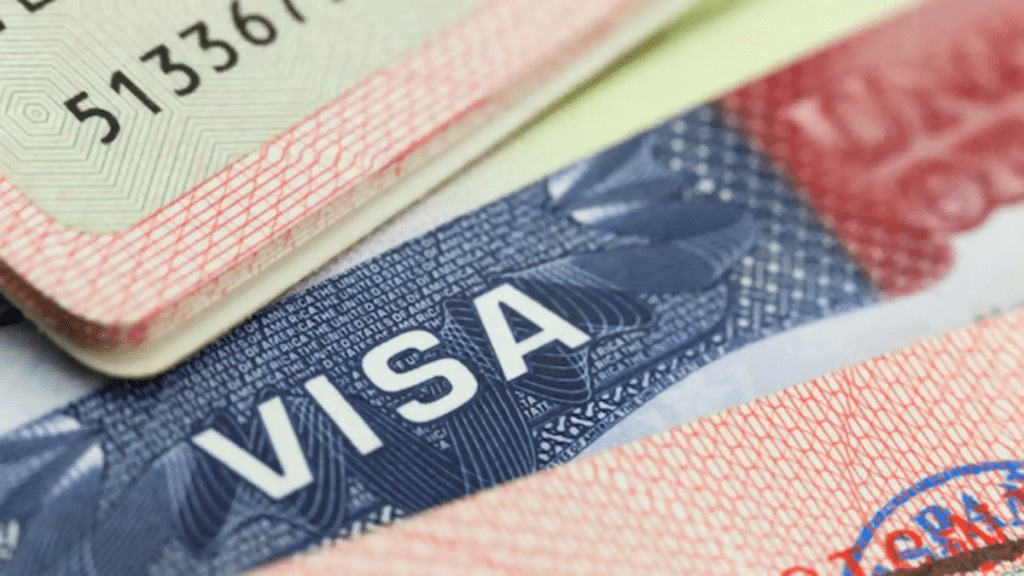A US district court reinstated the SEVIS records of all 133 international students, including Indians, who had sued the Trump administration after their work under the optional practical training (OPT) program had been affected by their status revocation.
“All students are now reinstated,” Charles Kuck, who represented the students involved in the case, said, according to a Times of India report. However, this is only a temporary win for the students facing the repercussions of the Trump’s mass deportation promise and immigration crackdown.
What is SEVIS?
The official US Immigration and Customs Enforcement website describes SEVIS, i.e. the Student and Exchange Visitor Information System as the “Web-based system that the U.S. Department of Homeland Security (DHS) uses to maintain information on Student and Exchange Visitor Program (SEVP)-certified schools, F-1 and M-1 students who come to the United States to attend those schools, U.S. Department of State-designated Exchange Visitor Program sponsors and J-1 visa Exchange Visitor Program participants.”
The critical tool is used to “protect national security while supporting the legal entry of more than one million F, M and J nonimmigrants to the United States for education and cultural exchange.”
International students vs the US government
Earlier this month, district courts granted Temporary Restraining Orders (TROs) to save students from “irreparable harm” caused by their SEVIS record terminations, as argued by their attorneys.
Countering those claims, Andre Watson, a senior Department of Homeland Security (DHS) official said that SEVIS terminations were not synonymous to student visas being revoked.
However, the messages received by the affected students via their school officials stated otherwise, asking them to self-deport. Lawyers fighting the case for these hundreds of international students also contended that SEVIS termination has also ended the work authorisation these students must have for an OPT program.
American immigration lawyers association chief Jeff Joseph said in a press conference, “We believe SEVIS termination does impact the status of international students. Thus, most of the lawsuits being filed are not challenging the actual visa revocation, but SEVIS termination.”
US agencies repeatedly asserting that SEVIS termination does not impact the students’ legal status in the US has become a major hindrance in the path of those resisting potentially being ousted from the country. As a result, Joseph further requested “they revise their guidance… so that the kids can go back to school, to work and do what they intended to do, which is to come here and educate themselves and use that education to benefit all of us here in the US.”
International students’ F-1 visas targetted
Notably, some of these 133 cases are also facing the dire consequences of F-1 student visa revocation. As is already known, countless reports of such cases have resulted in international students being faced with detention or deportation or both. In many instances, students have spoken up about their F-1 visas being revoked without any clarification.
This month, a group of Indian and Chinese students also sued the Trump administration in light of the unilateral termination of “hundreds, if not thousands” of F-1 student visas.

